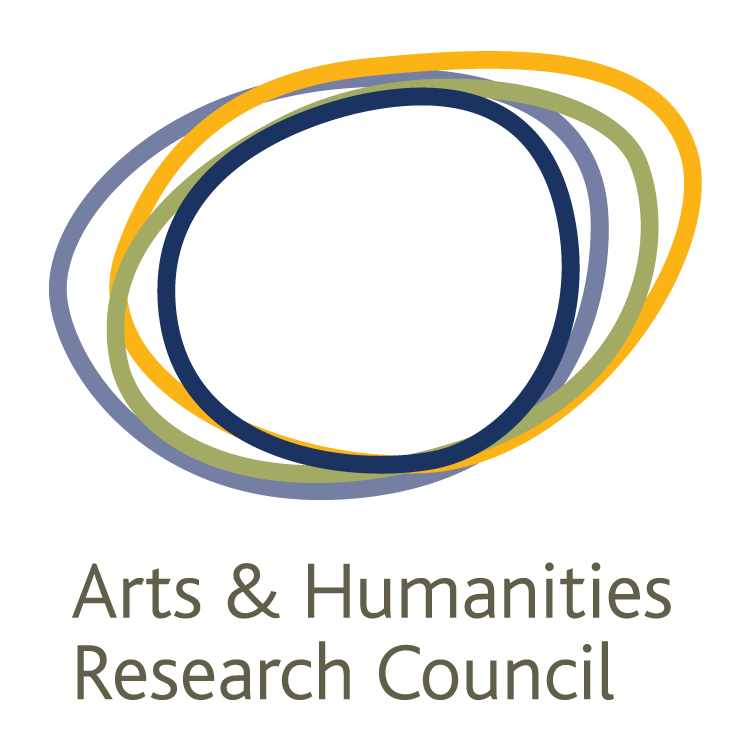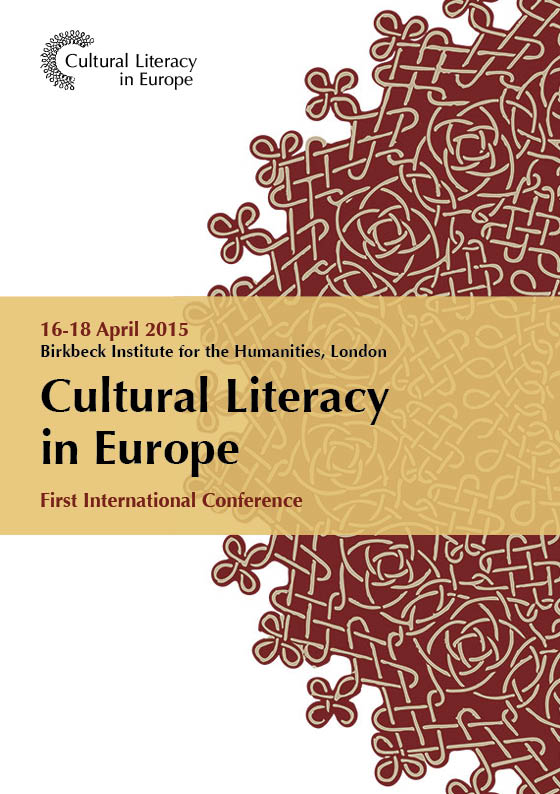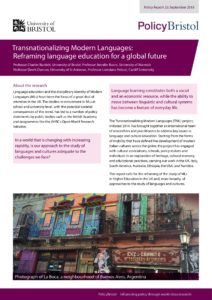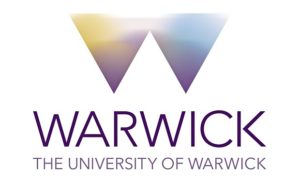We are pleased to announce that Dr Ricarda Vidal and Dr Madeleine Campbell have been awarded an AHRC Network grant. The network comprises academics, artists and translators from the UK, Italy, Spain, Portugal, Hong Kong, Hungary and Poland and explores translation between languages (interlingual) and between media (intersemiotic) as a method of creation and communication, as a method for learning and teaching, collaboration and participation within multilingual, multicultural and multimodal settings. This includes understanding the many modes and modalities that contribute to meaning-making in cross-cultural communication (online & offline), language education and translation, and embracing the role of individual imagination and artistic creation in education and arts institutions (e.g. libraries, galleries, museums). We will employ arts-based and collaborative research methods including creative public workshops at libraries, museums, galleries, schools and universities.
The Network will commence in March 2021 and run until September 2022 – watch this space for announcements of workshops and a final exhibition and international conference in June 2022.
https://experientialtranslation.net/
Network Leaders
Dr Ricarda Vidal, PI, King’s College London, Ricarda.vidal@kcl.ac.uk and Dr Madeleine Campbell, Co-I, University of Edinburgh, madeleine.campbell@ed.ac.uk
Network participants:
Dr Karen Bennett, Nova University Lisbon;
Dr Heather Connelly, University of Lincoln;
Harriet Carter, Birmingham City University;
Dr Gaia Del Negro, University of Milan;
Cinzia Delorenzi, independent;
Dr Tomasz Dobrogoszcz, University of Lodz;
Dr Noèlia Díaz Vicedo, Queen Mary University of London;
Anna Dot, independent;
Dobrochna Futro, University of Glasgow;
Birthe Jørgensen, independent;
Dr Karl Katschthaler, Debrecen University;
Dr Tong King Lee, University of Hong-Kong;
Dr Joanna Kosmalska, University of Lodz;
Prof John London, Queen Mary University of London;
Dr Silvia Luraschi, University of Milan;
Dr Rosario Martín Ruano, University of Salamanca;
Dr Manuela Perteghella, Open University;
Dr Anikó Sohár, Pázmány Péter Catholic University Budapest;
Prof África Vidal Claramonte, University of Salamanca;
Tomasz Wochna, independent






